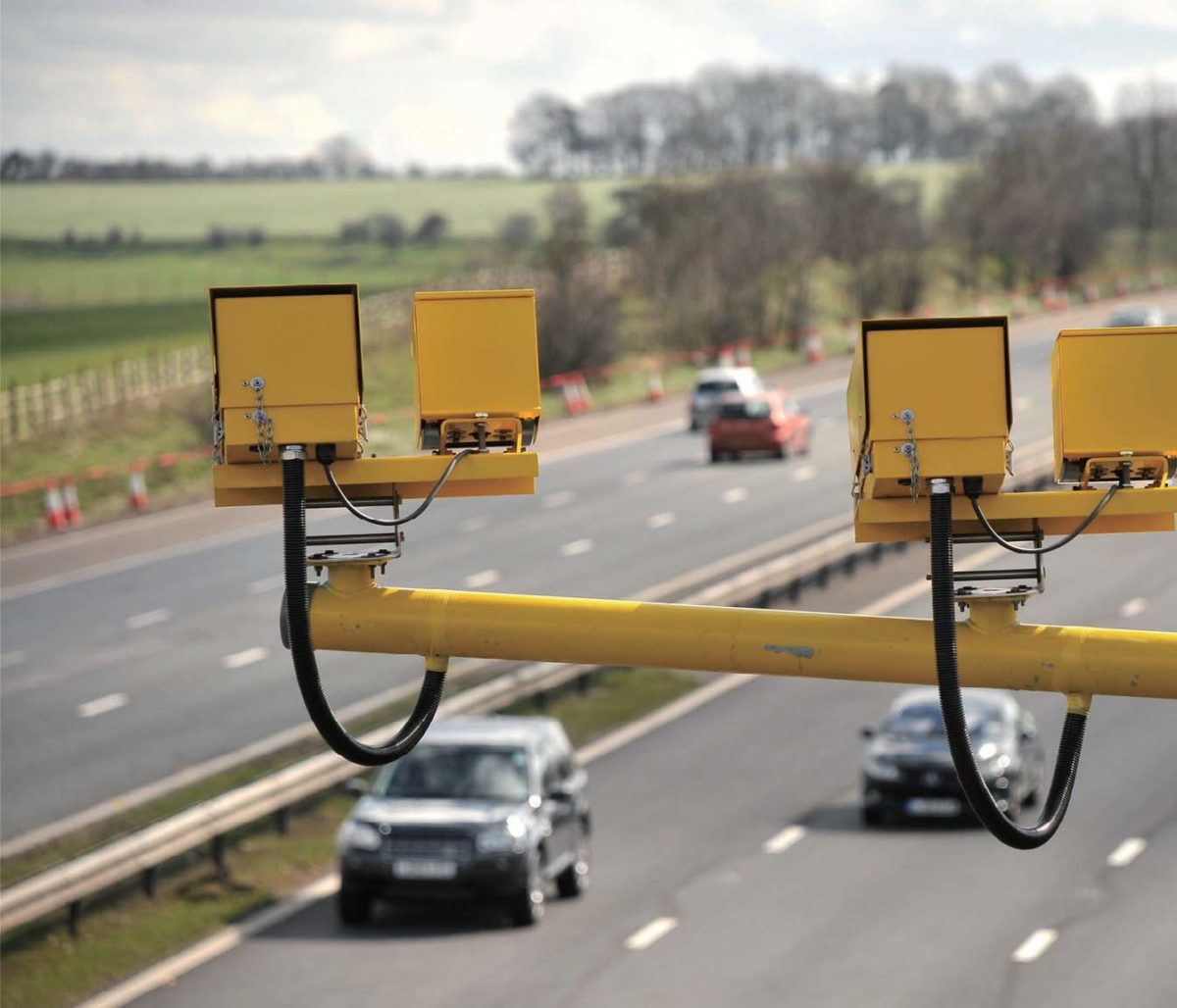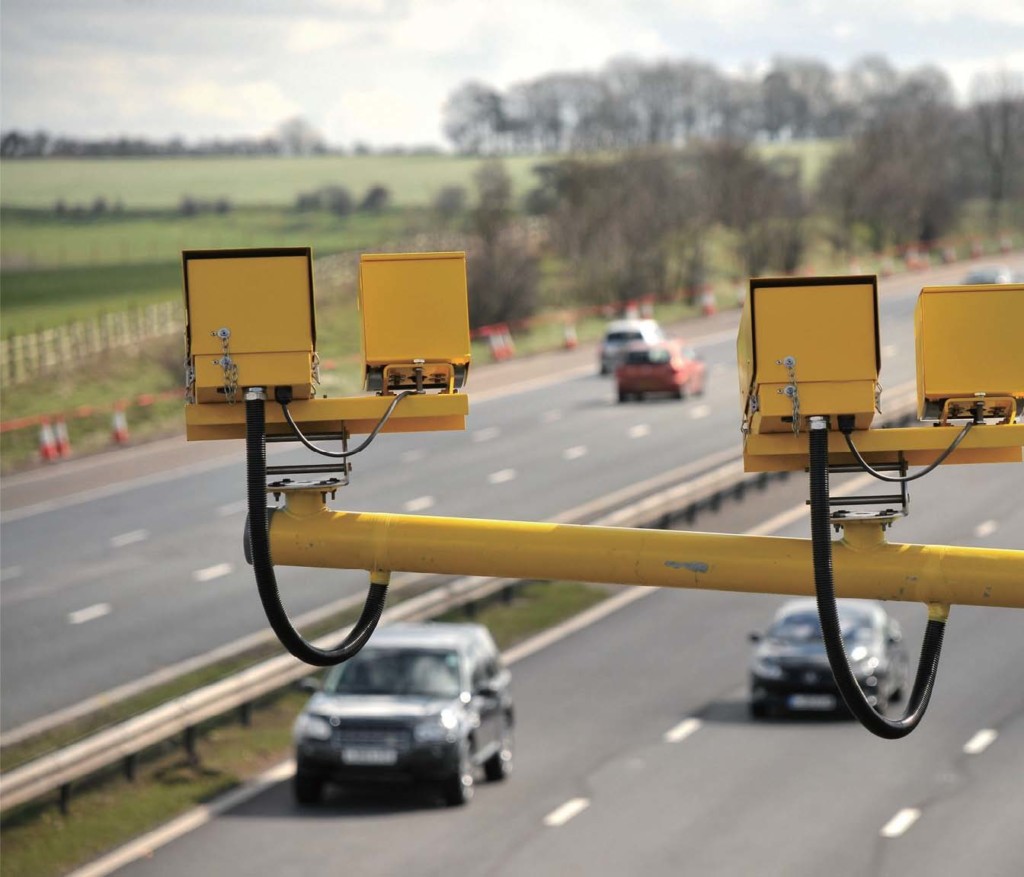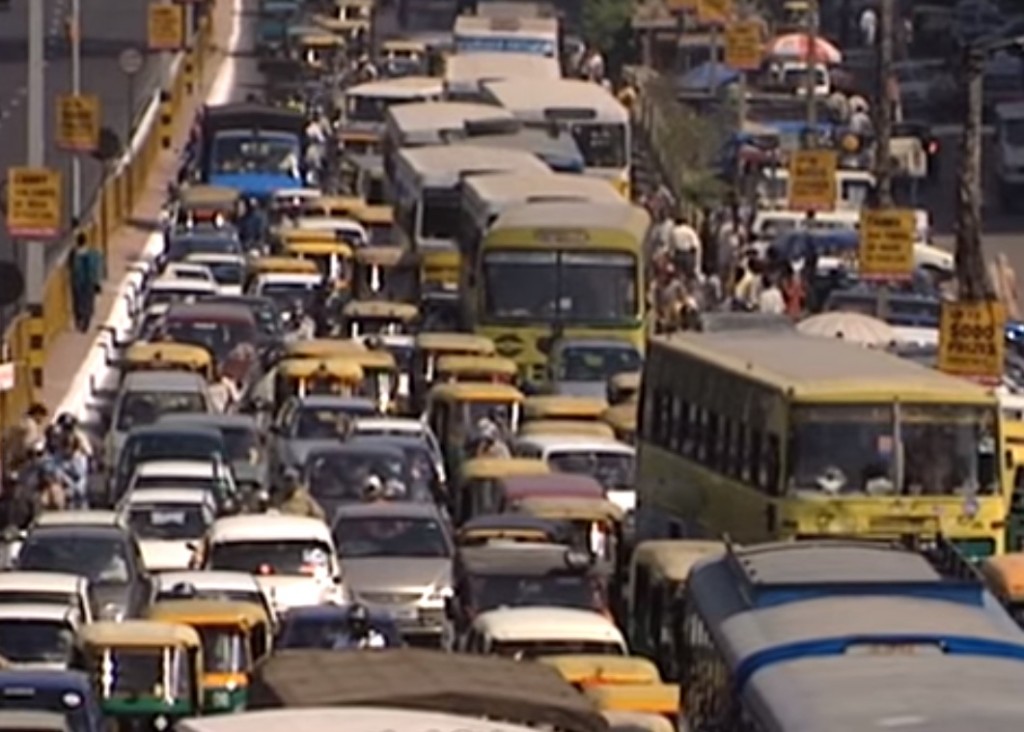Image courtesy : Alfa Metronik
New Delhi is all geared to get the next generation Intelligent Traffic Management System (ITMS), which would cost around INR 441 crore. New Delhi traffic police has already issued tenders to procure the speed detection cameras and stop line violation cameras required to implement the system. These cameras will be mounted on overhead beams to monitor traffic violations.
The new system will initially be used to monitor mild offences like traffic signal violation or cars stopping beyond the designated line. Speed cameras will also be installed in certain sections. More advanced monitoring, involving unjustifiable lane changes will be introduced at a later point in time. The police will essentially be experimenting with the capabilities of these systems in the initial phase, and working on seamlessly integrating it with their current setup. Also, the capability of these systems to deliver credible results in peak hours is something that the top officials at Delhi Traffic Police are evaluating.
The cameras will record the vehicles in great details, though the police officials are still estimating the capability of the cameras to clearly record the registration plates. Once a traffic offense is established, challans will be sent to the addresses of the car owners.
The first areas to get the ITMS will include RK Puram, Dwarks, Sardar Patel Marg, Moti Bagh, Aurobindo Marg, Barakhamba Road and ITO. Intersections on the Ring Road will also be covered under the system.
The plan is to eventually outsource the management of the system to a private vendor. The system will fund itself, wherein a private firm will invest money to monitor traffic and the revenue generated in the form of fines will be used to fund it.
Can such an automated system work on the chaotic streets of India? Do share your thoughts on the system’s feasibility; you can also let us know if you think any alternative system would be more effective in such a scenario.



